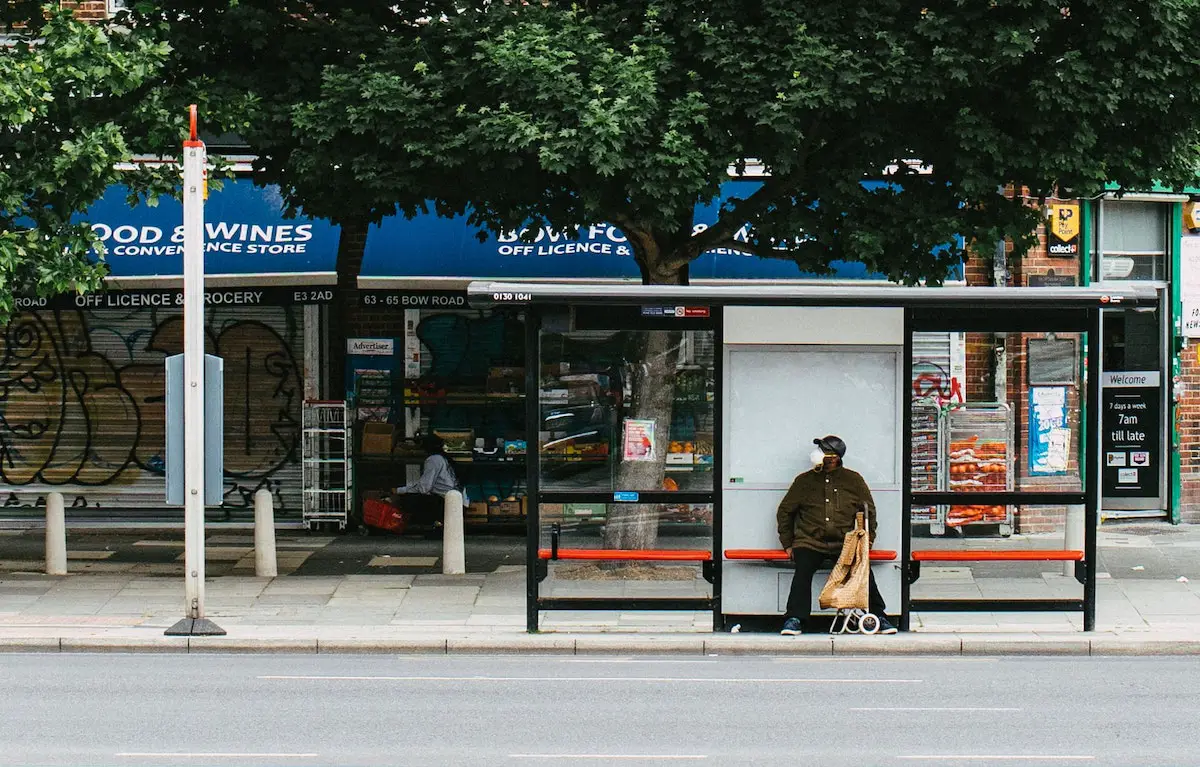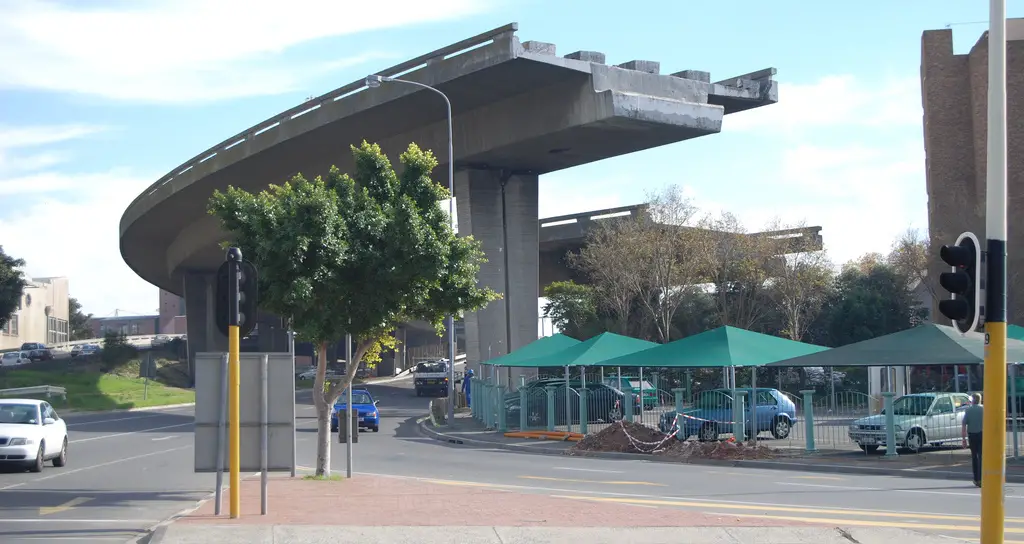Coupons and Subscription-Based Business Models in the Post-COVID City
Before COVID-19 took a sledgehammer to economic norms, two business models were increasing in familiarity. The subscription model commonly associated with magazines and newspapers – paying a recurring price for access to something – was being deployed for craft beer, toilet roll and even socks. Discounting or couponing – a voucher or promotion entitling you to a percentage or fixed discount – had long ago migrated from the supermarket checkout to cafes, restaurants and hotels.
The allure of a recurring revenue stream and long-term customer relationship saw subscription-based models discussed as ‘the future’ of business. Discounting, in the hospitality sector at least, was a tool to improve occupancy but difficult to manage considering already-lean margins typical of the sector.
Fast forward to present day and both models have emerged from our ‘current circumstances’ as strategies of increased prominence. Concern about safety and comfort during the early stages of lockdowns saw a surge in toilet paper buying that left some with generous stockpiles and others paranoid about where they were going to get their next fix of precious ply paper. Early adopters of the toilet paper subscription were largely saved from this trauma, bumped to the front of the queue as everyone else tried to get in on the game.
In the weeks after cities emerged from lockdown, regional and national governments began morphing into Groupon-like entities, subsidising industries of priority. The Maltese government provided residents with €100 vouchers to spend in bars, restaurants and hotels. Vienna’s city government put €40 million aside, sending vouchers to every household for food and non-alcoholic beverages. The UK Government set a budget of £100 million to subsidise cafes and restaurants on Mondays, Tuesdays and Wednesdays in August and, with discounts deducted from bills rather than provided in voucher form, now has to find some more cash down the back of the proverbial sofa to pay for its runaway success.
So what happens next? This period of change has been positioned as an opportunity for a holistic rethink and the emergence of a new or next normal, but at some point that has to evolve from a general aspiration to specific actions. Those previously put off subscription model living but now spending more time at home may find it more palatable. Many purchases are recurring, and the opportunity to secure your supply while reducing the amount of time spent in different environments could be enticing. Changed social circumstances mean the subscription model is even more likely to be the future of business than it was before.
Discounting, on the other hand, becomes more challenging than ever. While the schemes of many cities and countries may have felt like discounting, they were actually a splitting of the bill between residents and governments. The hospitality sector still got paid, albeit in a more administratively complex manner. In a near term future of reduced capacity and increased reliance on outdoor seating (itself of limited viability for those of us in the Northern Hemisphere gearing up for Winter), the future salami slicing of margins to accommodate discounting could be one slice too many from a substantially diminished sausage.
Change is disruptive and a next normal means loss. Some things we have done in the past are no longer possible or justifiable. Some opportunities that take their place may simply be things we’ve done before but in positions of increased prominence. Potential for a hybrid approach could also exist.
One casualty of the shift to more home-based lifestyles (short term or otherwise) is the casual dining and coffee shop sector synonymous with a particular type of urban living. For these businesses, even a shift from 5 days a week in the office to 4 represents a hard-to-stomach 20% loss. The UK sandwich shop chain Pret A Manger recently announced its first subscription scheme, with those signing up getting up to 5 coffees a day for £20 a month – stunningly cheap, to use a non-economic term. Of the change, Pret’s Chief Executive Pano Christou said “Pret needs to adapt itself to the changes of customer patterns.”
Whether it is the subscription model, discounting, a hybrid of the two or something new altogether, the challenge for today’s businesses is adapting in an era of regular rapid change.
Photo: Abhi Bakshi


